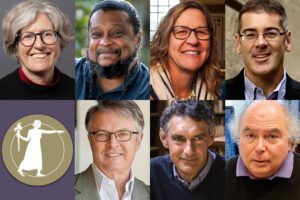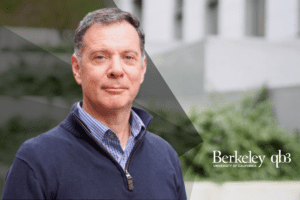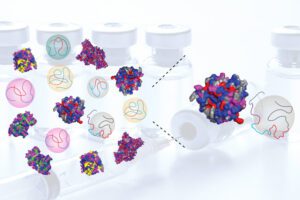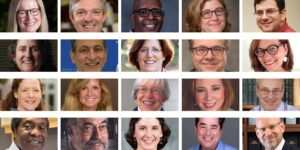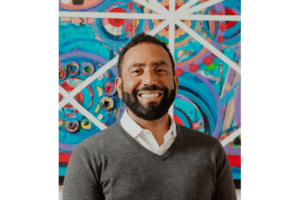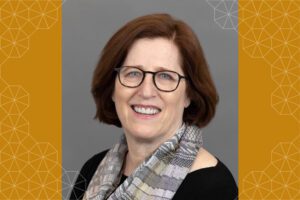
Chemist Susan Marqusee takes leading role at National Science Foundation
May 16, 2023
Susan Marqusee, a biophysical chemist who headed the UC Berkeley arm of the California Institute of Quantitative Biosciences (QB3) for 10 years, until 2020, has been chosen to lead the Directorate for Biological Sciences of the National Science Foundation (NSF) — the major funder of basic life sciences research in the United States. “I am excited for…
